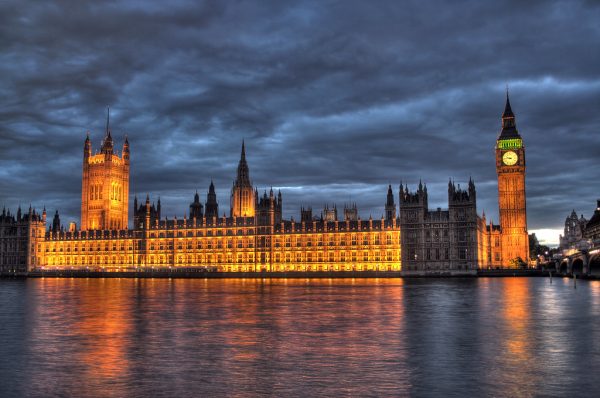Is the Government going to change planning again?
By Michael Hardware, Director of Planning and Property
Everyone complains about the planning system: developers and planners complain because it is too long, complicated and has uncertainty; residents complain because their voices are never heard or taken into account; councillors complain that developers always try and avoid S106 of affordable targets; environmentalists complain that not enough is done for sustainability and that we are concreting over swathes of countryside; Government complains that developers are not building fast enough, as do those on housing waiting lists, and that there are not enough affordable homes, and that affordable actually does not mean affordable; and we can go on and on.
Complaints about the system are not new, which is why planning in this country is in perpetual reform by successive governments with none actually finding the ideal solution.
The current government is all about increasing the numbers of houses built. It recognises the housing crisis; that we have not been building enough houses for decades which has led to market instability, perpetual increasing process, and significant homelessness in various forms. It has set a target of 300,000 homes per annum by the mid-2020s.
The current Secretary of State, Robert Jenrick, has stated that he wants a ‘first principles’ rethink of the planning system. There has been speculation that this could include ‘zoning’, adapting the NSIP DCO system for use with 1000+ residential schemes, or the greater use of development corporations.
All these proposals aim to streamline and speed up applications, but they all remove decision-making from local councils. This derogation of democracy will not go down well with councils which view planning as a key function – councillors already complain that planning law puts far too much of a straightjacket on the decisions they have to make but to, in effect, take the decision making process away from them entirely will not get a good response.
Similarly, local residents will not take kindly to having their democracy eroded. They too feel that decisions are made without their views being considered but at least they have had the opportunity to make their views known and to lobby their local councillor about it.
The Government surely also understands that much of the development is in the ’blue belt’ where Conservatives are in control and where development is not popular – by bulldozing through projects using the blunt instruments of DCO, zoning or development corporations is not going to go down at all well with its supporters.
It is possible, if not likely, that the Government is doing an element of market testing here – running various proverbial ‘flags’ up the flagpole to see what the reactions are.
Although we all want to see a better, more streamlined planning system, that must not be at the expense of detail or local democracy.

Strategic land and site promotion
“Chelgate gives a real insight into political thinking at all levels and all political persuasions, …

Energy and infrastructure
From new nuclear and unconventional gas to renewables, waste and airports, our team has worked …


